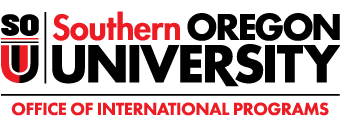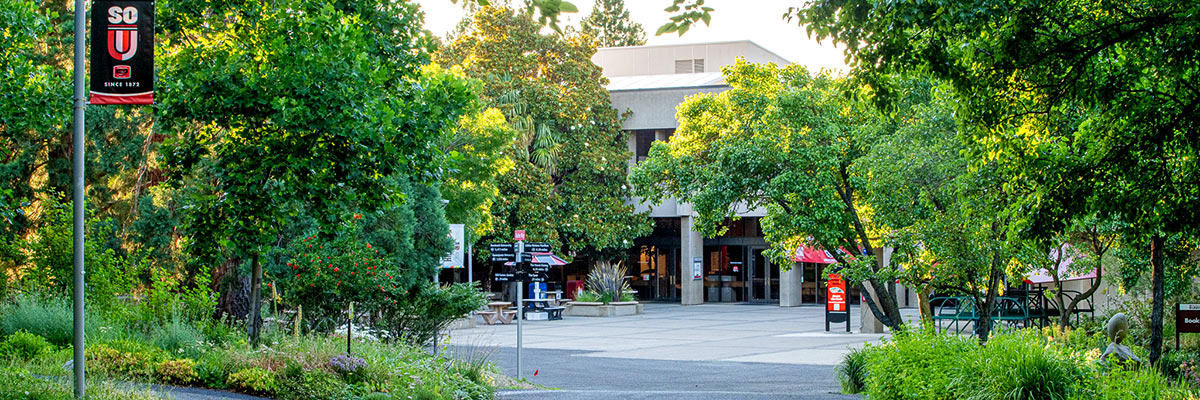Understanding Definitions for Visa Documents
Understanding US Government Offices and Legal Documents
International Students need to become familiar with some government and legal terms in order to navigate the visa regulations to which you must adhere. Below are brief descriptions of some of these important terms. Please contact the International Student Advisor for more information.
United States Customs and Immigration Services (USCIS)
USCIS is a division of the Department of Homeland Security. USCIS is charged with, among other things, processing nonimmigrant applications and issuing Employment Authorization Documents (EADs). When you apply for a student visa, request a visa renewal or petition for work authorization, you are applying directly to USCIS.
Student Exchange Visitor Information System (SEVIS)
This is the web-based database used by University administrators to keep track of visa information for international students and scholars. SEVIS is used to issue I-20s, DS-2019s and to request work authorization, among other things. You are required to provide the International Student Advisor with the most up-to-date information about your academic plans and physical address so that your record in SEVIS is always current.
Passport
The passport is the booklet issued to you by your country of citizenship. You must maintain a valid passport during your studies in the US. When you apply for a student visa, your passport must be valid for six months beyond the start of your academic program. Your passport must always be valid during your stay in the US.
Visa
The visa is the stamp in your passport that allows you to enter the country. It’s okay to remain in the US after your visa stamp has expired. However, you will need to renew your expired visa if you leave the US and want to return, because you cannot reenter the US with an expired visa.
Some J-1 visa holders have a two-year home residency requirement following their exchange program. This means that you will not be allowed back into the US for two years following the completion of your program. This is determined on a case-by-case basis by USCIS officials. Please see the International Student Advisor if you have questions about the home residency requirement.
I-20 or DS-2019 (Evidencing Document)
The evidencing document is what allows you to stay in the US after you have arrived. If you are an F-1 student, your I-20 is your evidencing document. If you are a J-1 student, your DS-2019 is your evidencing document. You must maintain a valid I-20 or DS-2019 during your studies in the US.
If you leave the US and plan to return to SOU to continue your studies, you must request a travel signature on your I-20 or DS-2019 from the International Student Advisor. This signature is valid for six months for J-1 students and 12 months for F-1 students.
You must apply for an extension of your program prior to the program end date listed on your I-20 or DS-2019 document. Do not let your program end date expire if you know you want to continue studying past this date!
You must notify the International Student Advisor immediately if you have any changes to your profile, such as a name change, a change in academic major, a change of more than 5% in your finances, or a change in program level.
I-94 Card
The I-94 card is a small, white card that is stapled into your passport when you enter the border. Do not lose this card, as you will need to turn it in when you exit the US. Replacing an I-94 card is difficult and expensive.
EAD Card
An Employment Authorization Document (EAD) is a form of work permit issued by United States Customs and Immigration Services (USCIS). If you apply and are approved for work authorization during your stay in the US, you may be issued an EAD card.

